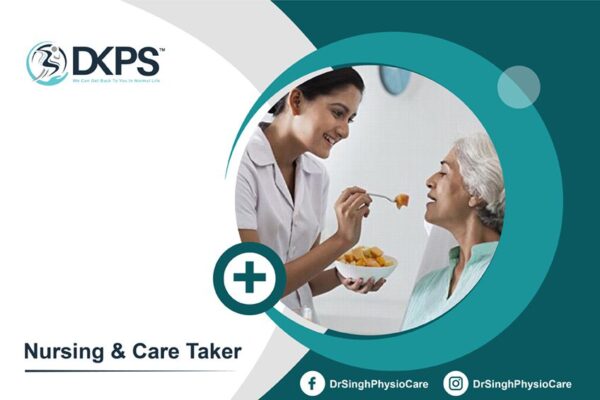Nursing and caretaker services are critical in delivering healthcare and support to those in need. Here’s an explanation of what nursing and carer services comprise, as well as their benefits and potential drawbacks:
Nursing:
Nursing is a medical and health profession that focuses on caring for individuals, families, and communities. Nurses are healthcare professionals who have been trained to assess, diagnose, and treat a variety of medical disorders. Their tasks may include the following:
- Patient Care: Nurses offer direct care to patients, including medicine administration, vital sign monitoring, and assistance with everyday activities such as bathing and dressing.
- Health Promotion and Education: To promote optimal health, nurses educate patients and their families on healthy lifestyle choices, disease prevention, and medication management.
- Care Coordination: Nurses work with other healthcare providers to provide comprehensive and coordinated patient care. They could aid in the coordination of appointments, testing, and therapies.
- Advocacy: Nurses advocate for patients’ rights and ensure that they are treated with respect and dignity throughout their healthcare journey.


